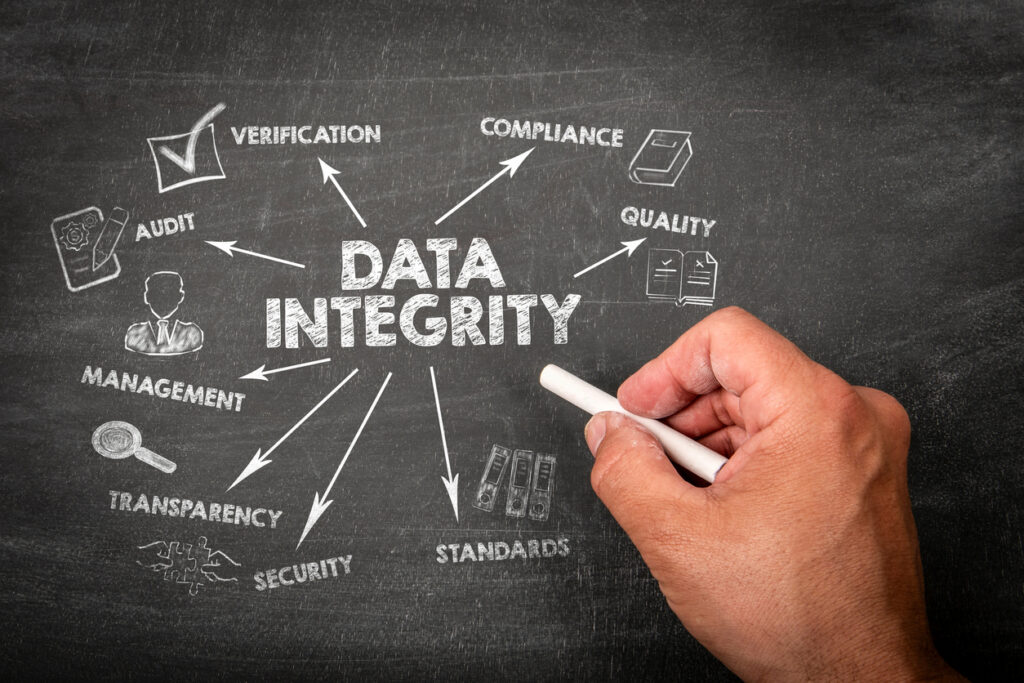Owing to the COVID-19 pandemic, employees across all industries are working remotely now more than ever. Remote work is leading to different and unusual behaviors and emotions on a day-to-day basis. To better understand the emotions employees are feeling, not only about working from home, but also about how their companies are handling the current situation, we conducted a research study. We used our proprietary Emotion Intelligence tools to survey 1,200 employees across the U.S.
The resulting report points to a number of issues employers need to consider in order to maintain or improve employee morale and engagement. We are hopeful that this study will help all of us (as employees and employers) understand each other and get through these unique and challenging times. Here are a few highlights:
COVID-19 has created new employee segments
We found four unique segments among remote employees—each illustrating a diversity in outlook and response to the current situation.
Thriving Employees (16%)
Job satisfaction, motivation, and company satisfaction actually improved during COVID-19; this group is more introverted than others
Hopeful Employees (25%)
Highest company satisfaction, but still struggling with mental health and focus/productivity
Discouraged Employees (27%)
Most significant decline in mental health, job satisfaction, etc.; this group is more extroverted than others
Trapped Employees (32%)
Lowest company satisfaction and mental health; miss socializing in the office
Mental health is a growing issue for all employees
Regardless of industry, age, gender, or seniority level, mental health is taking a toll on employees during COVID-19. Employees are struggling the most with stress, focus, and productivity – over 40% say these three aspects have gotten worse since working from home during the pandemic.
However, there are some benefits
Martec’s Emotion Intelligence analysis revealed there are perks to working remotely. These include the following:
- Flexible schedules
- No commute
- Fewer distractions
For many employees the perks are offset by a deep, non-conscious feeling of sorrow, primarily associated with the lack of social interaction. These deeper-level emotions may not be considered an active pain point for everyone, as some segments are clearly able to focus on the positives. While for other employees, the lack of social interaction and isolation are heavy burdens. These findings highlight the need to formulate different strategies for these new pandemic-driven segments.
Employees are pleased with how their companies are handling the situation
Even though employees’ job motivation and satisfaction have declined while working from home during COVID-19, their company satisfaction has declined much less. Additionally, over half of employees agree with the statement, “My company is handling the situation well.”
Senior and lower-level staff are reacting differently
Before COVID-19, upper-level management rated their mental health, job satisfaction, job motivation, and company satisfaction higher than lower-level staff. The current situation, however, is bringing all employees down to the same emotional level. This indicates the pandemic is potentially having a more drastic impact on senior management.
There also is a disconnect between senior management and junior staff when it comes to how well the company is handling COVID-19. Upper-level management often is more satisfied and finds factors like company morale, transparency, and communication less impacted than lower-level staff.
Technology and tools are not a panacea
All levels agree that tools and technology are relatively less important than other factors, but perhaps this is because overall satisfaction is high with the technology solutions being deployed. This indicates that technology is meeting needs accordingly and not top-of-mind.
If you are interested in learning more, access our study summary.





